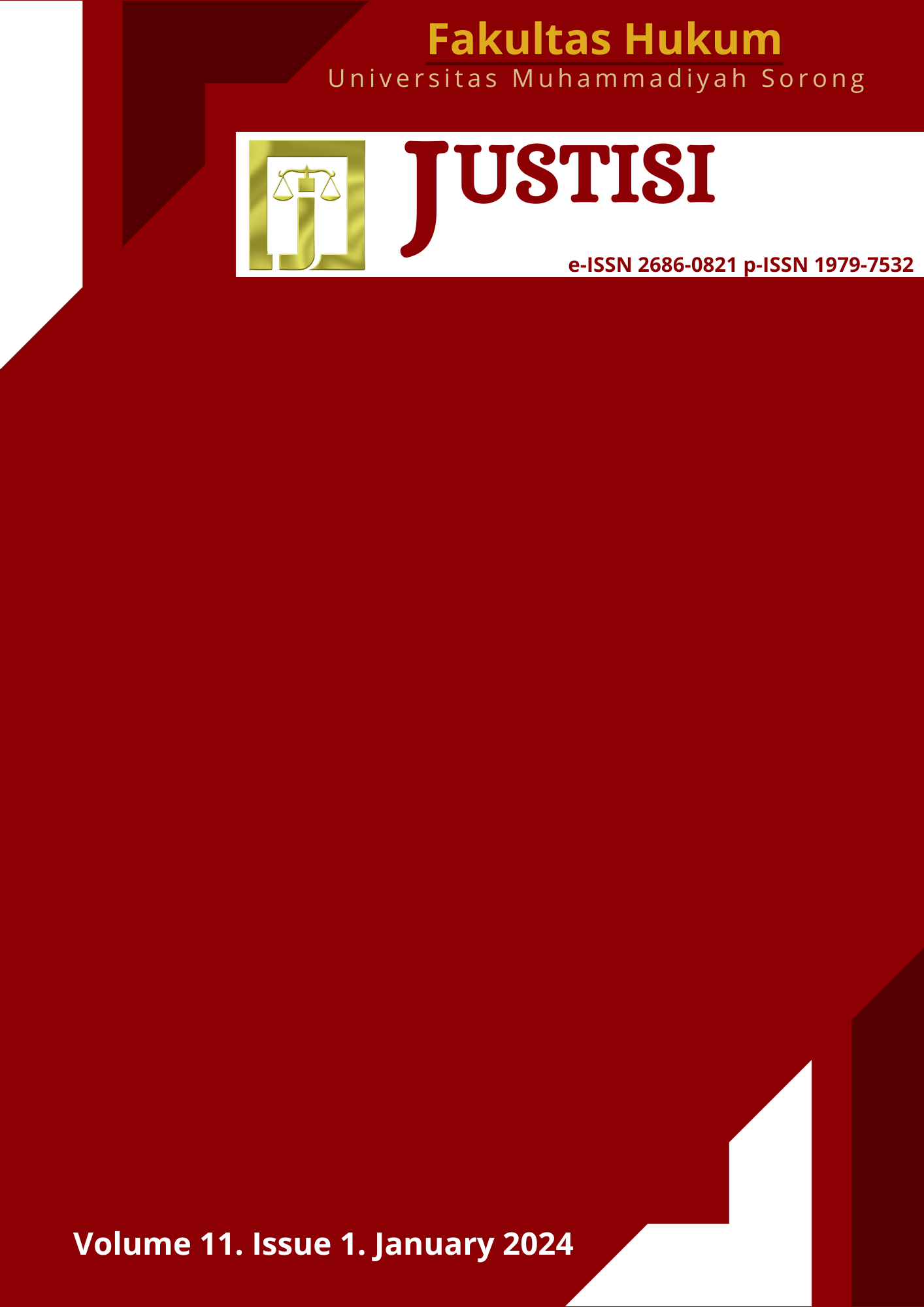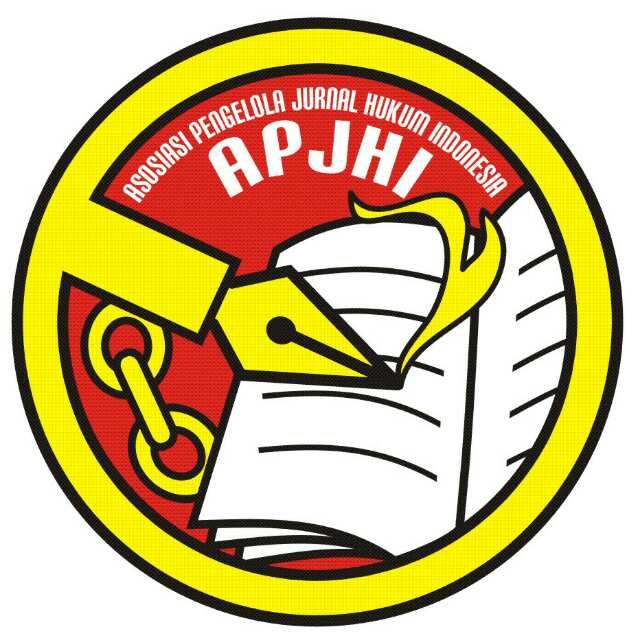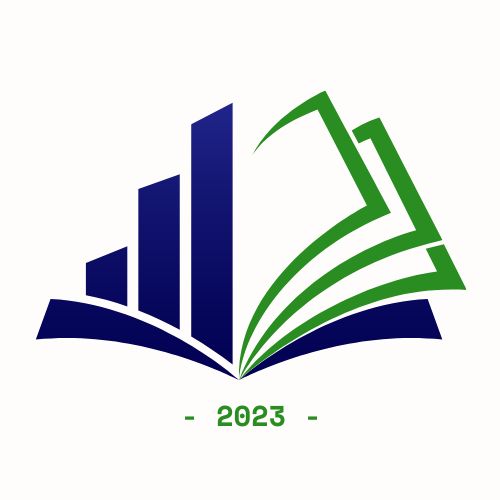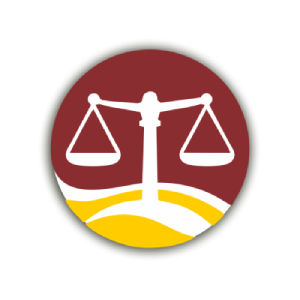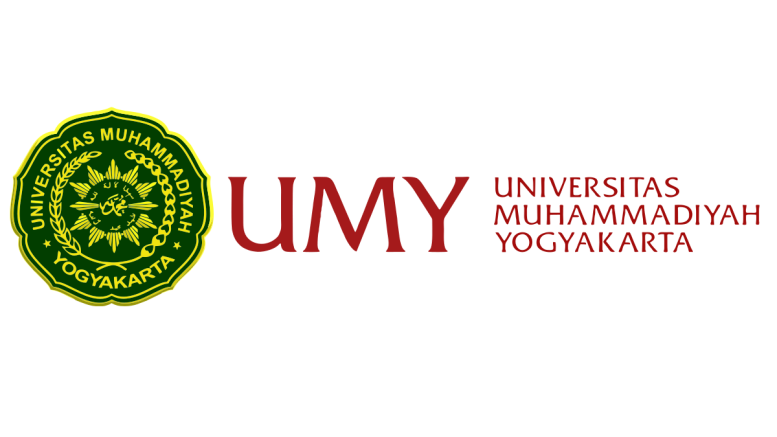The Lawfulness of Using Copyrighted Works for Generative AI Training : A Case Study of a US Lawsuit against OpenAI and Perplexity AI
DOI:
https://doi.org/10.33506/js.v11i1.3871Keywords:
Copyright, Copyrighted Works, Generative Artificial IntelligenceAbstract
Copyright protection in Indonesia is governed by Law No. 28 of 2014 (Law 28/2014), encompassing moral and economic rights. This law imposes limitations on the use of works for education, law enforcement, or technological development as long as such use does not harm the legitimate interests of the rightholder. The development of generative AI (GAI) poses challenges in determining the legality of using copyrighted works for GAI training. This study examines copyright regulations concerning GAI through normative, conceptual, and comparative legal approaches, including case studies on lawsuits against OpenAI and Perplexity AI. The findings indicate that the legality of using copyrighted works depends on the data input process and output (responses). Data scraping is considered an economic right of the rightholder, classified as reproduction under Article 9 of Law 28/2014. If such acts are conducted without the rightholder’s consent and for commercial purposes, they are deemed unlawful under Indonesia’s current copyright law. GAI outputs may also infringe copyright if: (1) the source is not cited, violating Article 7 on copyright management information; (2) substantial portions of the work are reproduced, violating the rightholder's economic rights under Article 9; or (3) the work is distorted in a way that harms the rightholder’s honor, infringing on moral rights under Article 5. To accommodate AI development, specific regulations integrating AI transparency principles outlined in SE Kominfo 9/2023 are required. These regulations could include obligations for AI companies to release summaries of training datasets, include Uni EropaLAs that define the responsibilities of AI developers and users, and provide disclaimers regarding AI's limitations. Regarding the fulfillment of rightholders’ economic rights, a non-exclusive blanket license through Collective Management Organizations (CMOs) as stipulated in Permenkumham 15/2024 is necessary. These regulations should be synchronized with related policies to establish legal certainty that adapts to technological advancements.
References
Amerika Serikat. Title 17 of the United States Code (Digital Management Copyright Act). https://www.copyright.gov/title17/.
Alfani, Ninda et al. Implementasi UU Nomor 28 Tahun 2014 dalam Perlindungan Hak Cipta di Era Digital. Journal of Administrative and Social Science, vol. 4 no.1 (2022): 23-36. DOI: https://doi.org/10.55606/jass.v4i1.
Amazon. What is Natural Language Processing (NLP)?. Diakses dari https://aws.amazon.com/what-is/nlp/.
Andreotta, Adam J., Nin Kirkham, dan Marco Rizzi. “AI, big data, and the future of consent.” AI and Society vol. 37, no. 4 (1 Desember 2022): 1715–28. https://doi.org/10.1007/s00146-021-01262-5.
Amerika Serikat. Surat Gugatan Dow Jones & Company, Inc.; NYP Holdings, Inc., vs Perplexity AI, Inc.
Amerika Serikat. Surat Gugatan OpenAI v. Raw Story Media, Inc dan AlterNet Media, Inc.
Bureau of Cyberspace and Digital Policy. Risk Management Profile for Artificial Intelligence and Human Rights. (2024, Juli 25). Diakses dari https://www.state.gov/risk-management-profile-for-ai-and-human-rights/.
Bureau of Cyberspace and Digital Policy. Risk Management Profile for Artificial Intelligence and Human Rights. (2024, Juli 25). Diakses dari https://www.state.gov/risk-management-profile-for-ai-and-human-rights/.
California, Amerika Serikat. Bill SB-942: California AI Transparency Act. https://leginfo.legislature.ca.gov/faces/billNavClient.xhtml?bill_id=202320240SB942.
Camilleri, Mark Anthony. “Artificial intelligence governance: Ethical considerations and implications for social responsibility.” Expert Systems vol. 41, no. 7 (1 Juli 2024). https://doi.org/10.1111/exsy.13406.
Coeckelbergh, Mark. “Artificial Intelligence, Responsibility Attribution, and a Relational Justification of Explainability.” Science and Engineering Ethics vol. 26, no. 4 (1 Agustus 2020): 2051–2068. https://doi.org/10.1007/s11948-019-00146-8.
Dermawan, Artha. “Text and data mining exceptions in the development of generative AI models: What the Uni Eropa member states could learn from the Japanese ‘nonenjoyment’ purposes?” Journal of World Intellectual Property vol. 27, no. 1 (1 Maret 2024): 44–68. https://doi.org/10.1111/jwip.12285.
Devina, Raden Radisa Difa & Ramli, Tatty Aryani. “Penggandaan dan Pengumuman Karya Cipta E-Book berdasarkan Prinsip Fair Use Ditinjau dari Hukum Positif.” Bandung Conference Series: Law Studies, vol. 2 no. 1, (2022): 457-464. DOI: https://doi.org/10.29313/bcsls.v2i1.890.
Djulaeka & Rahayu, Devi. Buku Ajar: Metode Penelitian Hukum. Surabaya : Scopindo Media Pustaka, 2020. pp. 88. https://books.google.co.id/books?id=aIrUDwAAQBAJ&printsec=copyright&redir_esc=y#v=onepage&q&f=false.
Emilia David. The Intercept, Raw Story, and AlterNet sue OpenAI and Microsoft. Feb 29, 2024. https://www.theverge.com/2024/2/28/24085973/intercept-raw-story-alternet-openai-lawsuit-copyright.
Fernández-Llorca, David, Emilia Gómez, Ignacio Sánchez, dan Gabriele Mazzini. “An interdisciplinary account of the terminological choices by Uni Eropa policymakers ahead of the final agreement on the AI Act: AI system, general purpose AI system, foundation model, and generative AI.” Artificial Intelligence and Law. Springer Nature, 2024. https://doi.org/10.1007/s10506-024-09412-y.
Fitria, Tira Nur. “Using ChatBot-Based Artificial Intelligence (AI) for Writing an English Essay: The Ability of ChatGPT, Perplexity AI, and ChatSonic.” Journal of Language Intelligence and Culture vol. 6, no. 2 (26 Agustus 2024): 103–128. https://doi.org/10.35719/jlic.v6i2.139.
François Fleuret. The Little Book of Deep Learning. Universite de Geneve, 2024. p. 12.
Gema, Ari Juliano. “Masalah Penggunaan Ciptaan Sebagai Data Masukan Dalam Pengembangan Artificial Intelligence Di Indonesia.” Jurnal Hukum & Pembangunan vol. 1, no. 1 (11 Februari 2022). https://doi.org/10.21143/telj.vol1.no1.1000.
Hikmah, Faidatul, et al. Perlindungan Hak Ekonomi Bagi Pemilik Hak Cipta Dalam Perspektif Hukum Kekayaan Intelektual Di Indonesia. Jurnal Pendidikan Dan Konseling (JPDK) vol. 5 no. 2, (2023): 2254–2260. DOI: https://doi.org/10.31004/jpdk.v5i2.13503.
HukumOnline. Kemenangan bagi Pemegang Karya Tulis dengan Hak Cipta! Batasan Penggunaan Lisensi Sekunder Ditetapkan 10%. (2024, Juli 5). Diakses dari https://pro.hukumonline.com/a/lt6687682cc3d63/kemenangan-bagi-pemegang-karya-tulis-dengan-hak-cipta-batasan-penggunaan-lisensi-sekunder-ditetapkan-10.
Hyden, Kan. “AI, Norms, Big Data, and the Law.” Asian Journal of Law and Society 7, no. 3 (1 November 2020): 409–36. https://doi.org/10.1017/als.2020.36.
Indonesia, Undang-undang Nomor 28 Tahun 2014 tentang Hak Cipta (Lembaran Negara Republik Indonesia Tahun 2014 Nomor 266, Tambahan Lembaran Negara Republik Indonesia Nomor 5599). https://peraturan.bpk.go.id/Details/38690.
Indonesia, Peraturan Menteri Hukum dan HAM Nomor 15 Tahun 2024 tentang Pengelolaan Royalti atas Lisensi Penggunaan Sekunder untuk Hak Cipta Buku dan/atau Karya Tulis Lainnya.
Indonesia, Undang-undang Nomor 28 Tahun 2014 tentang Hak Cipta (Lembaran Negara Republik Indonesia Tahun 2014 Nomor 266, Tambahan Lembaran Negara Republik Indonesia Nomor 5599).
Insights. California Enacts AI Transparency Law Requiring Disclosures for AI Content. (2024, Oktober 24). Diakses dari https://www.jonesday.com/en/insights/2024/10/california-enacts-ai-transparency-law-requiring-disclosures-for-ai-content#:~:text=The%20Background%3A%20On%20September%2019,or%20altered%22%20using%20generative%20artificial.
Iorliam, Aamo & Joseph Abunimye Ingio. “A Comparative Analysis of Generative Artificial Intelligence Tools for Natural Language Processing.” Journal of Computing Theories and Applications 1, no. 3 (26 Februari 2024): 311–325. https://doi.org/10.62411/jcta.9447.
Jamaaluddin, MM & Sulistyowati, Indah. Buku Ajar Kecerdasan Buatan (Artificial Intelligence). Sidoarjo : Umsida Press. (2021).
Jepang. Copyright Act (Act No, 48 of 1970) as Amended in 2022. https://www.wipo.int/wipolex/en/legislation/details/21342.
Jumantoro, Tegar Raffi Putra. “Menilik Pro Dan Kontra Pemanfaatan Dan Penetapan Status Hukum Artificial Intelligence (AI) Dalam Hukum Positif Indonesia”. Journal of Analytical Research, Statistics and Computation vol. 3 no. 1, (2024): 51-70. DOI: https://doi.org/10.4590/jarsic.v3i1.28.
Juliardi, Budi et al. Metode Penelitian Hukum. Sumatera Barat : CV. Gita Lentera, 2023. p. 43. https://books.google.co.id/books?id=vyXbEAAAQBAJ&printsec=frontcover&hl=id#v=onepage&q&f=false.
Kahveci, Zeynep Ülkü. Attribution problem of generative AI: a view from US copyright law. Journal of Intellectual Property Law and Practice 18, no. 11 (1 November 2023): 796–807. https://doi.org/10.1093/jiplp/jpad076.
Lucchi, Nicola. ChatGPT: A Case Study on Copyright Challenges for Generative Artificial Intelligence Systems. European Journal of Risk Regulation, (2023). Hlm : 1–23. DOI: 10.1017/err.2023.59.
Longoni, Chiara, Andrey Fradkin, Luca Cian, dan Gordon Pennycook. “News from Generative Artificial Intelligence Is Believed Less.” Dalam ACM International Conference Proceeding Series, 97–106. Association for Computing Machinery, 2022. https://doi.org/10.1145/3531146.3533077.
Nainggolan, Bernard. Perlindungan Hukum Kekayaan Intelektual di Era Digital. Yogyakarta : Publika Global Media. (2021).
Putra, G., Taniady, V., & Halmadiningrat, I. “Tantangan Hukum: Keakuratan Informasi Layanan AI Chatbot dan Perlindungan Hukum terhadap Penggunanya”. Jurnal Rechts Vinding: Media Pembinaan Hukum Nasional, vol. 12 no. 2, (2023). DOI: http://dx.doi.org/10.33331/rechtsvinding.v12i2.1258.
Rizkia, Nanda Dwi & Fardiansyah, Hardi. Hak Kekayaan Intelektual Suatu Pengantar. Bandung: Penerbit Widina. (2022).
Rahayu, Kanti. “Kajian Hukum Tentang Penerapan Fungsi Sosial Pada Hak Cipta.” Diktum: Jurnal Ilmu Hukum vol. 9 no. 2 (22 Agustus 2022): 150–167. https://doi.org/10.24905/diktum.v9i2.92.
Riswandi, Budi Agus et al. Pembatasan dan Pengecualian Hak Cipta di Era Digital. Bandung: PT Citra Aditya Bakti. (2017). https://edeposit.perpusnas.go.id/collection/pembatasan-dan-pengecualian-hak-cipta-di-era-digital-sumber-elektronis/75182#.
Shtykalo, O & Yamnenko, I. “ChatGPT and Other AI Tools for Academic Research and Education.” Digital Ecosystems: Interconnecting Advanced Networks with AI Applications, Vol. 1198, (2024). DOI: https://doi.org/10.1007/978-3-031-61221-3_29.
Shukla, Manali, Ishika Goyal, Bhavya Gupta, dan Jhanvi Sharma. “A Comparative Study of ChatGPT, Gemini, and Perplexity.” International Journal of Innovative Research in Computer Science and Technology vol. 12, no. 4 (Juli 2024): 10–15. https://doi.org/10.55524/ijircst.2024.12.4.2.
Simanjuntak, Washington, Agus Subagyo, & Dadang Sufianto. “PERAN PEMERINTAH DALAM IMPLEMENTASI ARTIFICIAL INTELLIGENCE (AI) DI KEMENTERIAN KOMUNIKASI DAN INFORMATIKA REPUBLIK INDONESIA (KEMENKOMINFO RI)”. Journal of Social and Economics Research vol. 6 no. 1, (2024): 1-15. https://doi.org/10.54783/jser.v6i1.332.
Tyagi, Kalpana. “Copyright, text & data mining and the innovation dimension of generative AI.” Journal of Intellectual Property Law and Practice vol. 19, no. 7 (1 Juli 2024): 557–70. https://doi.org/10.1093/jiplp/jpae028.
Taecharungroj, Viriya. “‘What Can ChatGPT Do?’ Analyzing Early Reactions to the Innovative AI Chatbot on Twitter.” Big Data and Cognitive Computing vol. 7, no. 1 (1 Maret 2023). https://doi.org/10.3390/bdcc7010035.
Triatmojo, Firmandanu et al. Perlindungan Hak Cipta Lagu Komersil. Jawa Tengah : NEM. (2021). P. 9.
Uni Eropa. Directive (Uni Eropa) 2019/790 on Copyright in The Digital Single Market. https://eur-lex.europa.eu/eli/dir/2019/790/oj.
Uni Eropa. AI Act of 2024. https://eur-lex.europa.eu/eli/reg/2024/1689/oj.
Utah, Amerika Serikat. AI Policy Act of 2024. https://le.utah.gov/xcode/Title13/Chapter72/C13-72_2024050120240501.pdf
Wijayanti, Punik Triesti & Kharisma, Dona Budi. “Web Scraping dalam Aplikasi ChatGPT oleh Chatbot Berbasis Artificial Intelligence (AI) Berdasarkan Undang-Undang Nomor 28 Tahun 2014 Tentang Hak Cipta.” Souvereignty : Jurnal Demokrasi dan Ketahanan Nasional, vol. 3 no. 2, (2024): 114-121. DOI: . https://doi.org/10.20961/souvereignty.v3i2.1620.
Wibowo, Richard Jatimulya Alam. Perbandingan Perlindungan Hak Moral dan Hak Ekonomi dalam Pengembangan serta Pemanfaatan Kecerdasan Buatan di Indonesia dengan Jepang, Inggris, Uni Eropa, dan Amerika Serikat. Skripsi. Jakarta: Universitas Tarumanagara. 2024.
Zhang, Caiming & Lu, Yang. Study on Artificial Intelligence: The State of The Art and Future Prospects. Journal of Industrial Information Integration, Vol. 23, Artikel 100224. https://doi.org/10.1016/j.jii.2021.100224.
Downloads
Published
How to Cite
Issue
Section
License
Copyright (c) 2024 Stefany Ismantara, Wilma Silalahi

This work is licensed under a Creative Commons Attribution-ShareAlike 4.0 International License.

